MOTEC come to Westmisnter to Launch their NUWLIFE project for tackling malnurishment among children in Ghana's Upper Western Region of Jirapa
May 2, 2013 | News
Link to Launch…
http://www.youtube.com/watch?v=oTdAuw-4KyU
Link to Support for MOTEC and its work in Ghana…
http://www.youtube.com/watch?v=xbw8noQ4rUI

- David Alton – Patron of Motec
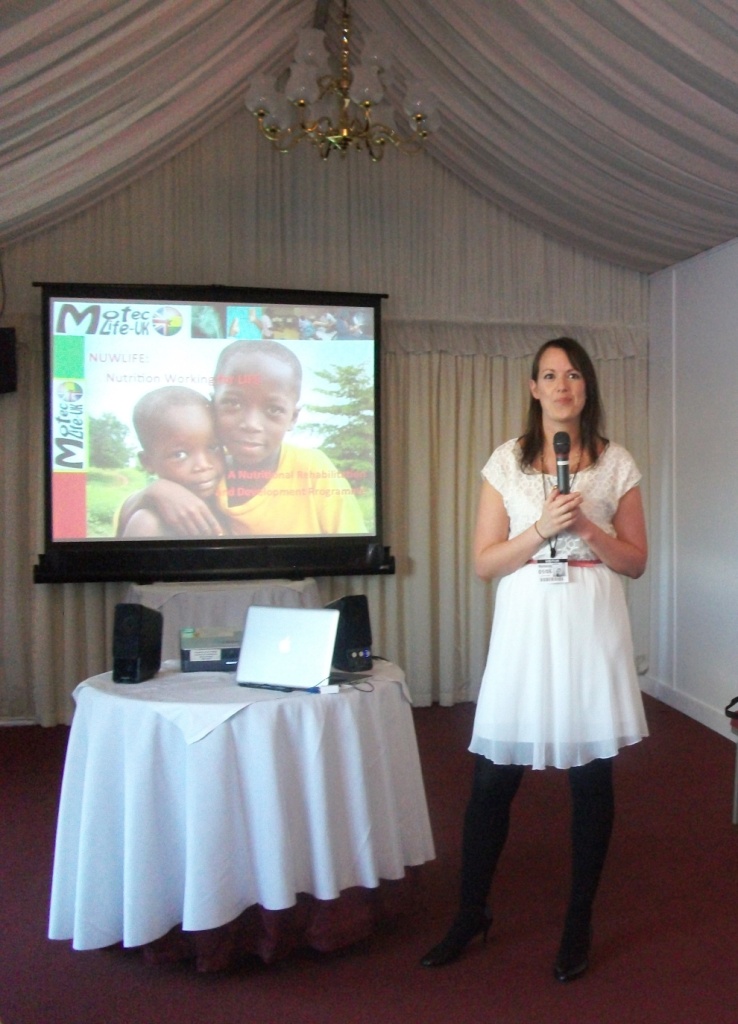
MOTEC reception at the House of Lords – Dr.Louisa Draper, Motec Trustee, explains the NUWLIFE project

Malnurishment in Africa – 1 billion people could be fed with the food we waste; another billion could be fed if we tackled obesity
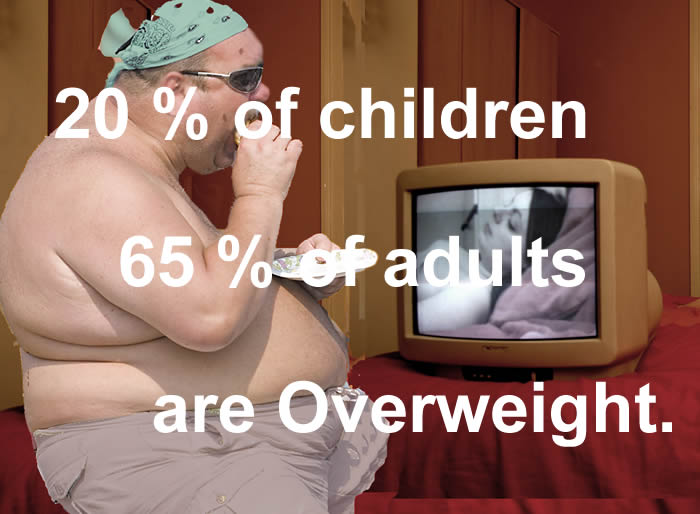 MOTEC celebrated May Day with a reception at Westminster to Launch their NUWLIFE project for tackling malnurishment among children in Ghana’s Upper Western Region of Jirapa.
MOTEC celebrated May Day with a reception at Westminster to Launch their NUWLIFE project for tackling malnurishment among children in Ghana’s Upper Western Region of Jirapa.
MOTEC’s Patron, David Alton (Lord Alton of Liverpool) said his main message was that
“just because you can’t solve the problems of the entire world, it’s not a reason for refusing to solve any of them; we need a combination of heart and head” and that ” the Jewish Rabbi who said “the man or woman who saves a single life, saves the world”, was right.
Lord Alton said that:
“The United Nations Development Programme say we must develop more effective nutritional programmes, which is exactly what NUWLIFE is trying to do in Ghana:
The great challenge is for countries to develop co-ordinated programmes of intervention which boost nutrition, expand access to health services, education, sanitation and clean water. International agencies rightly argue, based on empirical research, that mothers’ education is a more powerful factor in driving down rates of malnutrition in children than household income.
The desperate need is demonstrated by a few key facts:
870 million people in the world do not have enough to eat. This number has fallen by 130 million since 1990, but progress slowed after 2008.
The vast majority of hungry people (98 percent) live in developing countries, where almost 15% of the population is undernourished.
If women farmers had the same access to resources as men, the number of hungry in the world could be reduced by up to 150 million.
Under-nutrition contributes to 2.6 million deaths of children under five each year – one third of the global total.
One out of six children — roughly 100 million — in developing countries is underweight.
One in four of the world’s children are stunted. In developing countries the proportion can rise to one in three.
80 percent of the world’s stunted children live in just 20 countries.
66 million primary school-age children attend classes hungry across the developing world, with 23 million in Africa alone.
WFP calculates that US$3.2 billion is needed per year to reach all 66 million hungry school-age children.
Sub Saharan Africa desperately needs projects to tackle these challenges. Its social and health projects must keep up with Africa’s significant economic progress – evidenced in an average 5% growth in GDP across the continent.
Despite boasting some of the world’s quickest expanding economies, as well as improvements in life expectancy and schooling, there has not been a corresponding uplift in food security and in eradicating malnutrition.
UNICEF reminded us last month that adequate nutrition in the first 1000 days is crucial to development.
Compare our failure to provide nutrition to malnourished babies with the food we waste in the developed world. A recent report by the Institution of Mechanical Engineers suggested that an additional billion people could be fed if we stopped wasting food. As much as half of all food produced in the world – around 2 billion tonnes – is disposed of as waste, while people are malnourished or starve to death.
Their report, Global Food; Waste Not, Want Not, discovered that between 30% and 50% or 1.2-2bn tonnes of the world’s food production never reaches a plate or a stomach.
Another report, by the London School of Hygiene and Tropical Medicine examined obesity in the USA and Europe and found that if we tackled obesity it would produce enough food for another 1 billion people.
The Lancet reported that the World Health Organization predicts the obese population will double by 2015 to 700m. In the UK, nearly a quarter of adults are classed obese, twice as many as there were in the 1980s.
Mahatma Gandhi, was right when he said of our insatiable appetite for endless consumption, that there is “sufficient in this world for people’s needs but not for their greeds”.
Motec know all this but with a combination of heart and head is doing something about it. Its project in Jirapa deserves our support. It’s wonderful that they have brought their message into the heart of Parliament.”
Lord Alton introduced Motec’s founder and President of Motec Life UK, Dr.Paul Ofori-Atta, who said that the purpose of the evening was to focus on the plight of malnourished children in sub-Saharan Africa:
My Lord, Professor David Alton- chief patron of Motec Life UK, noble member of Parliament Sir Tony Baldry, honourable representatives of the All Party Parliamentary Group on Ghana, His Excellency Professor Danso-Boafo Ghana High Commissioner represented by Mr Peter Taylor, Head of Political & Economic Affairs, His Worshipful Mayor of the Borough of Dacorum, Councillor Herbert Chapman and Mrs Chapman, co-patrons Mr Peter Dyson of Hertfordshire and Mrs Dyson, and Mrs Marian Barnor Chair, Board of Directors, Merchant bank of Ghana, Accra, Mr Emmanuel Akuffo MBE, Patron, Ghana Doctors and Dentist Association of UK, and wife Mrs Akuffo, colleagues, my elegant wife Gladys, comrade Trustees of Motec Life –UK, the modern nightingale of nursing Mrs Georgina Gaisie, distinguished guests, ladies and gentlemen, I join Right Honourable David Alton in welcoming you to this evening’s reception.
This event has been facilitated by Lord Alton and we are very grateful to him for this esteemed privilege.
I consider myself blessed, and indeed humbled to stand before you this evening, on the occasion of ‘May Day call’ on behalf of Motec and malnourished children across the globe, especially impoverished sub-Saharan Africa. And what a place to choose to remind ourselves of the plight of the impoverished families and children – the institution of fairness, where important international changes are made, ratified and implemented – the House of Lords. Today, we are gathered here to focus on malnutrition in the world especially sub-Saharan Africa with the hope that our little efforts can have far reaching benefits.
Ghana has contributed to the medical vocabulary and focus on malnutrition, by naming one of the disease conditions ‘kwashiorkor’. The name comes from the Ga language of Accra, and describes the unsightly, bloated-plump-child syndrome, which occurs when attention is swapped from the preceding baby to the one that has just been born. Kwashiorkor is protein deficient–high calorie malnutrition, one of the most serious and most widespread forms of malnutrition in sub-Saharan Africa.
According to statistics from the Ghana Health Service, 60% of the 10.5 million deaths per annum of children under the age of five worldwide, is caused by malnutrition. 30% of the children are stunted, 22% are underweight and 6% of children aged between six months and five years have severe anaemia (Health 28 October 2005, Ghana Health Service). About 12,000 children in Ghana alone die each year from malnutrition. The statistics also indicate that under-nutrition contributes to about half of all child deaths beyond early infancy whilst one out of every thirteen children in Ghana die before their fifth birthday mostly as a result of under-nutrition (Ghana Health News, Sept. 22, 2012).
We note that Ghana has enjoyed sustained economic growth in recent years, however, this favourable situation has not filtered down to where it is most needed, leaving the health and nutrition status of many vulnerable children in dire straits. It is so serious that Ghana organized a workshop on Nutrition Advocacy Communications under the theme ‘Build the Future, Invest Now in Nutrition’ in 2012.
The situation is very uncomfortable looking across the sub-region.
Today we want to highlight the need for governments to continue to play a major role and to provide support for non-governmental organisations in the prevention of, and the fight against malnutrition in children. We intend to share with you our thoughts, joys, experiences, and wisdom from the shortfalls and failures that we came across in our work, in one of the harshest and poorest environments in the world, the Jirapa District of Ghana. This is a district with a population of about 100,000 people living in an area of about 1,400km square. The plight of these people attracted Comic relief to visit the district in February 2012, during which education was looked into. The issues of malnutrition and direct health care were not touched. We have identified the contribution nutrition and education could make in supporting children in our NUWLIFE project. We want Nutrition to Work for Life and we are working with the local chief (Naa Ansoleh Ganaa II), the local hospital Jirapa St Joseph’s district hospital and the people of Jirapa, to facilitate a sustainable support for the children and their families.
We recognise that life is not worthwhile unless it has been useful and made a positive difference to the people we see or never get to know.
We are here today because we care, and want to be counted among those who touch the lives of people in need.
We want to be filled with renewed dedication to humanity, with the hope that we will continue to support good causes.
We want to be inspired by this dynamic house and the people who work in it, like Rt Honourable David Alton and influence good changes in the world.
Above all, in the true spirit of this House, we are here to be part of the history that focuses minds to diminish, and eventually abolish one of the cruellest forms of preventable disease that this modern world has ever witnessed – food deprivation in the midst of plenty, with the unnecessary loss of young lives, at a time when we as a nation, are seeing huge quantities of food being destroyed.
Motec’s Trustee responsible for education and international affairs Dr Louisa Draper will recall the journey that we have been through the past few years. We have been supported throughout this journey by The Ghana High Commission and Lord Alton, from whom we have enjoyed responsible inspirational and unadulterated guidance. It is no surprise that Lord Alton is Professor of good citizenship at Liverpool John Moores University.
We appreciate the contributions that Lord Alton, our consortium of patrons, health workers and the British public especially the people of the Borough of Dacorum, have made in support of the NUWLIFE project.
“As we express our gratitude, we must never forget that the highest appreciation is not to utter words, but to live by them.” John F. Kennedy.
My Lord, distinguished guests, ladies and gentlemen. Let us enjoy our evening to the full, as we draw the attention of the world to the children muted by hunger. We can lend them a voice and a hand of friendship for a healthy start in life and hope for the future.
Thank you.
www.moteclife.co.uk

MOTEC reception at the House of Lords – with Dr.Paul Ofori-Atta, President of Motec.
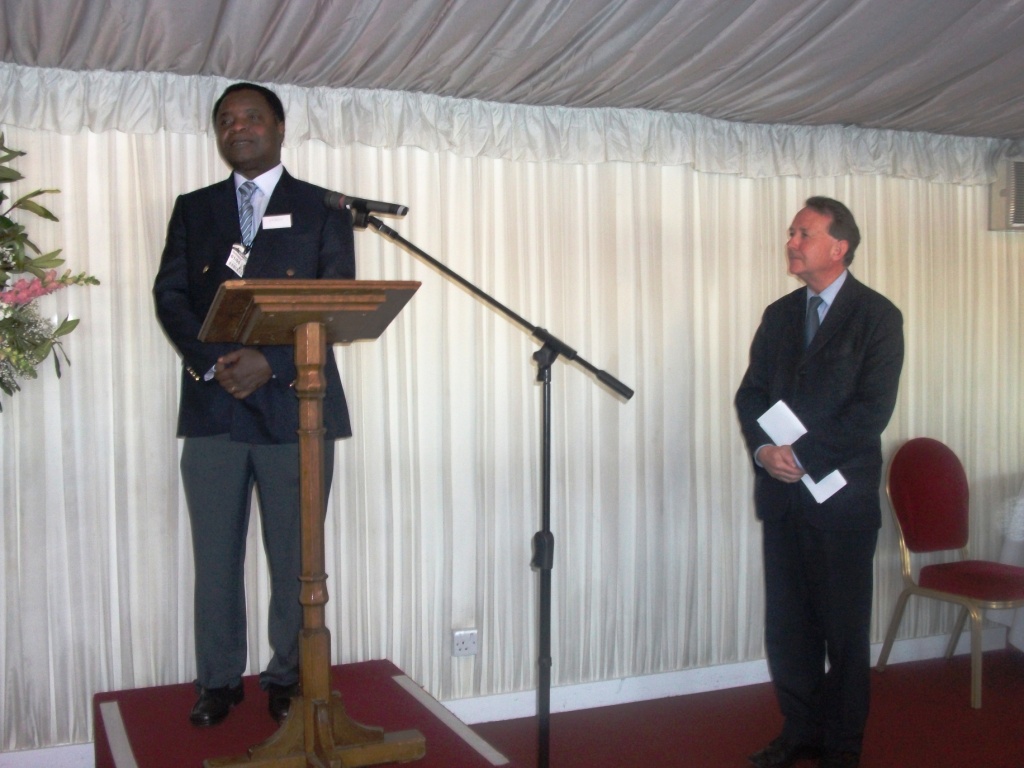
MOTEC reception at the House of Lords – with Dr.Paul Ofori-Atta, President of Motec.

MOTEC reception at the House of Lords – Dr.Louisa Draper, Motec Trustee, explains the NUWLIFE project
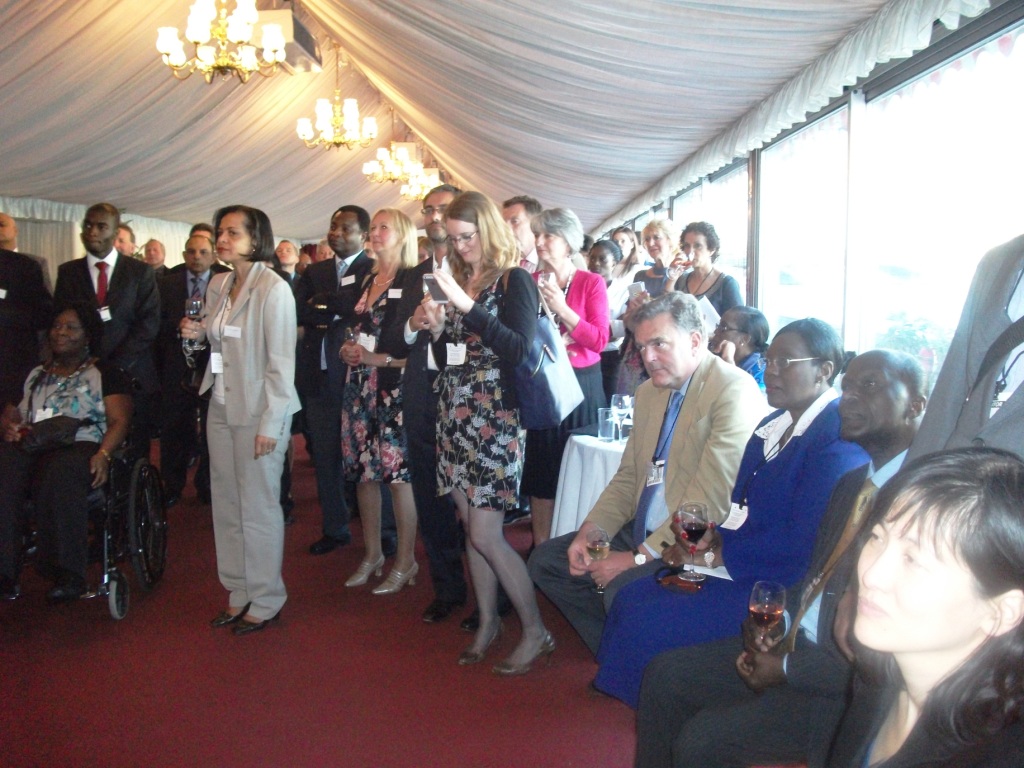
MOTEC reception at which the NUWLIFE project was unveiled
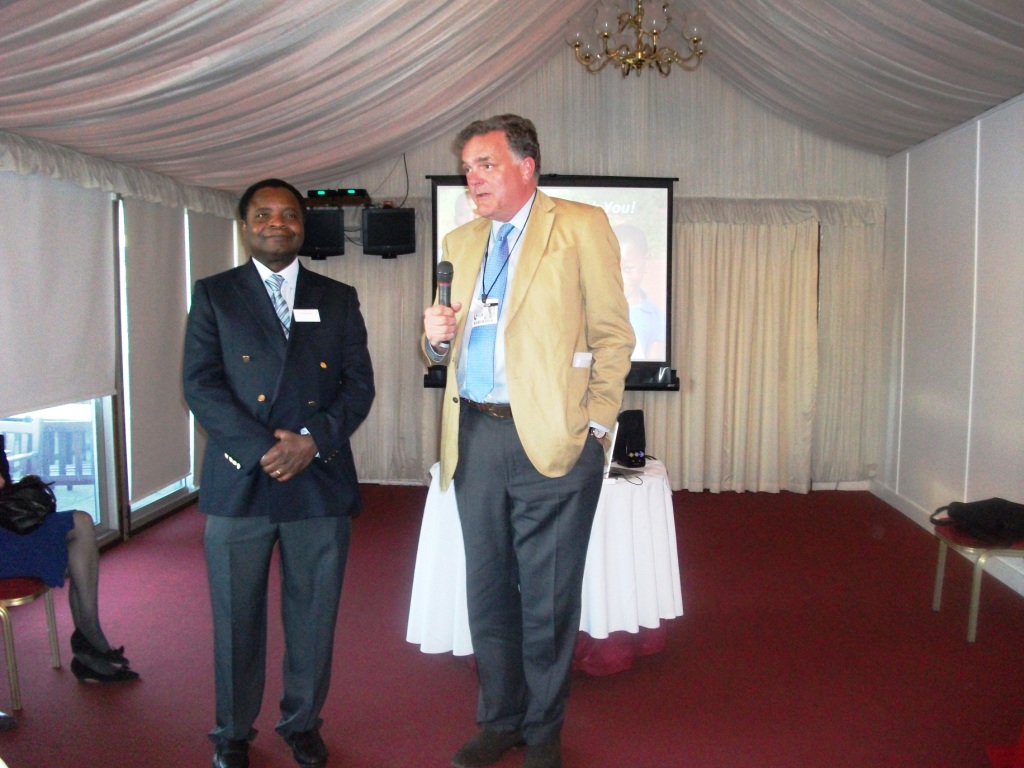
MOTEC reception at which the NUWLIFE project was unveiled
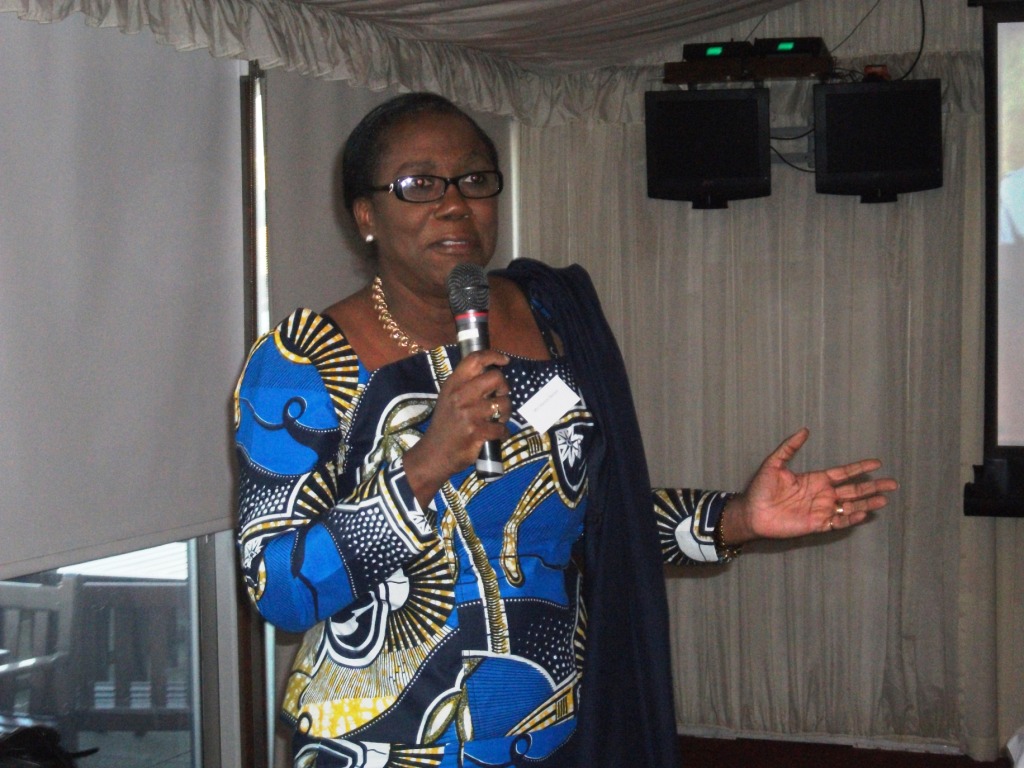
MOTEC reception at which the NUWLIFE project was unveiled
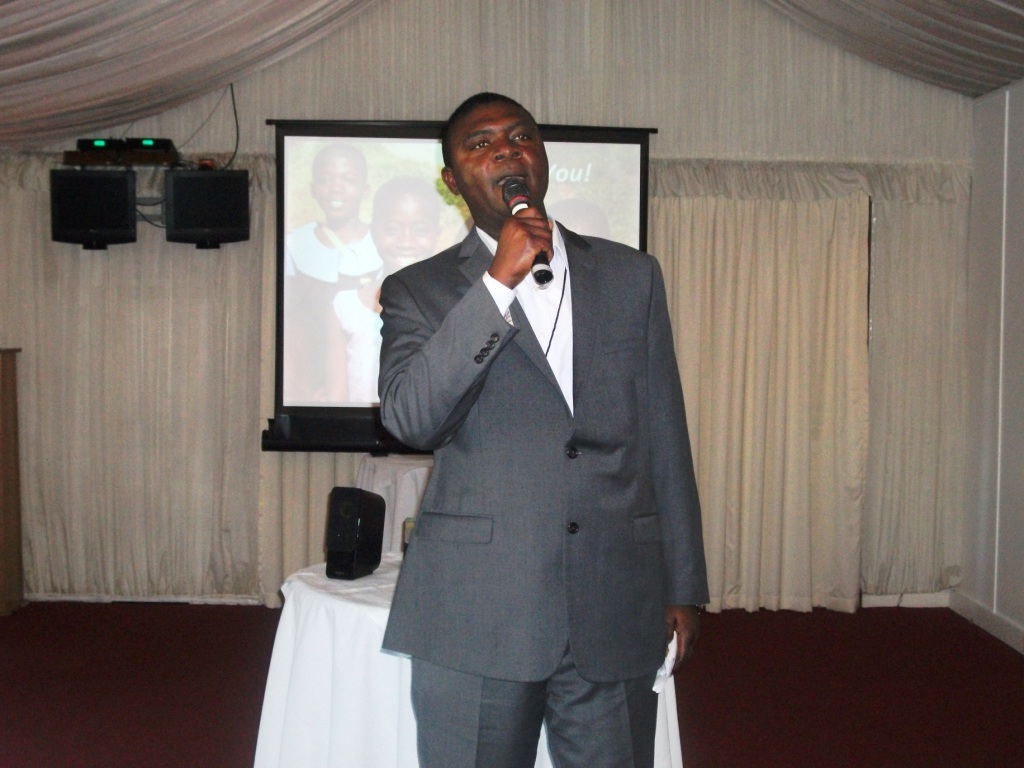
MOTEC reception at which the NUWLIFE project was unveiled
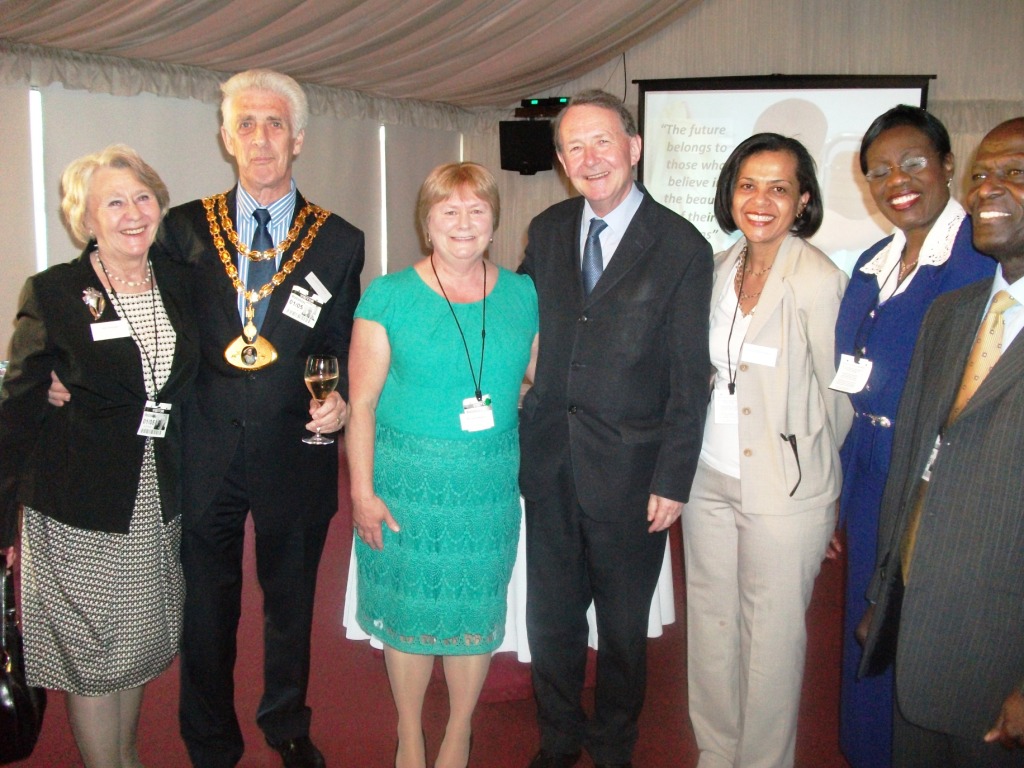
Cllr.and Mrs.Herbert Chapman, the Mayor 0f Dacorum at the MOTEC reception at which the NUWLIFE project was unveiled
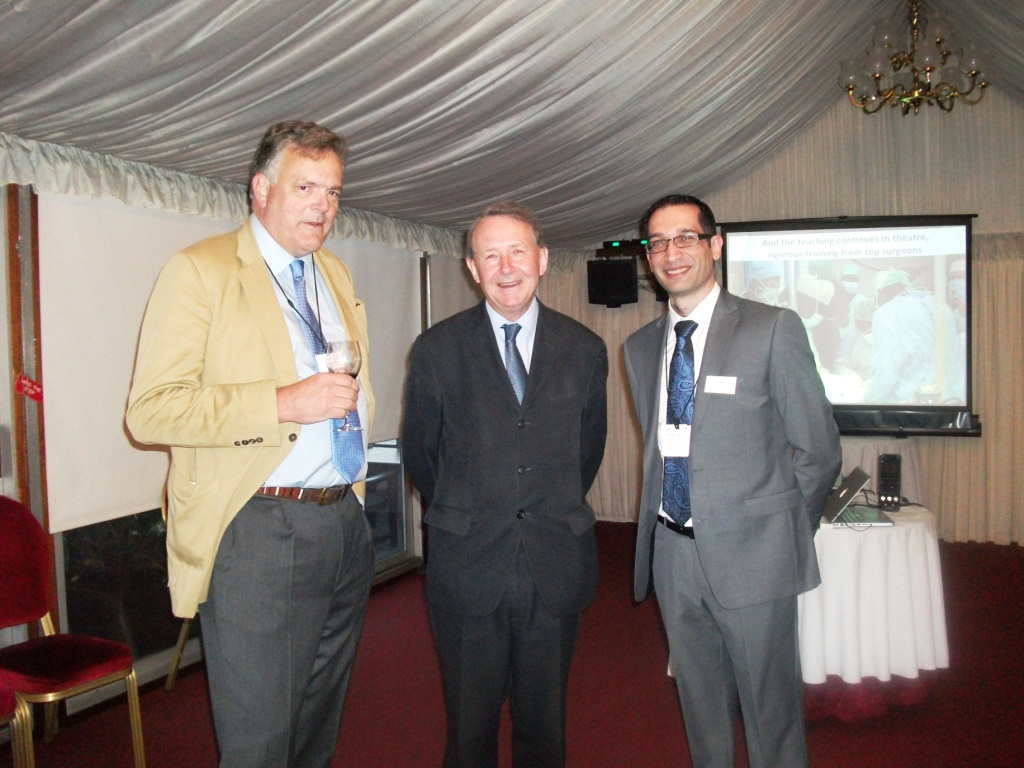
The House of Lords MOTEC reception at which the NUWLIFE project was unveiled
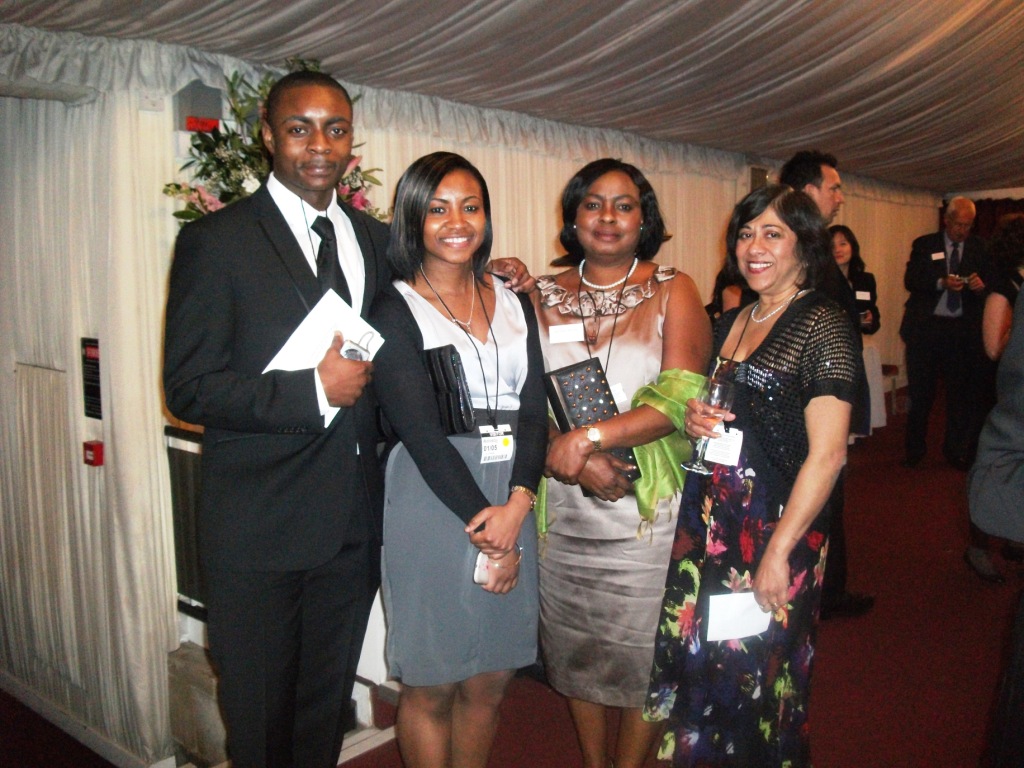
The House of Lords MOTEC reception at which the NUWLIFE project was unveiled
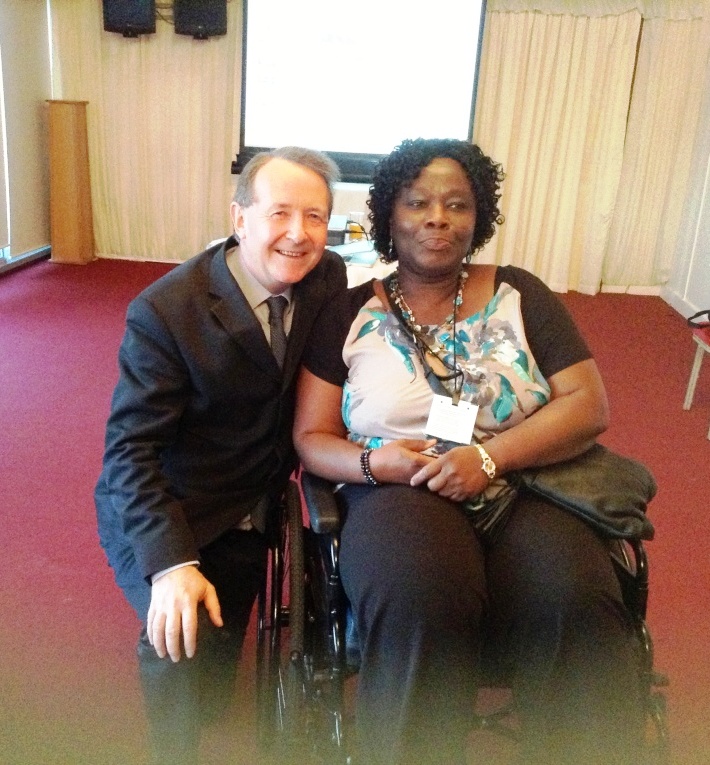
Supporters of MOTEC gathered at Westminster to launch their latest project in northern Ghana
A new report just released from the United Nations Children’s Fund (UNICEF) “Improving Child Nutrition: The achievable imperative for global progress” focuses attention on this remarkable ‘window of opportunity’ during which adequate nutrition, vitamins and minerals can prevent irreversible physical and cognitive developmental damage.







